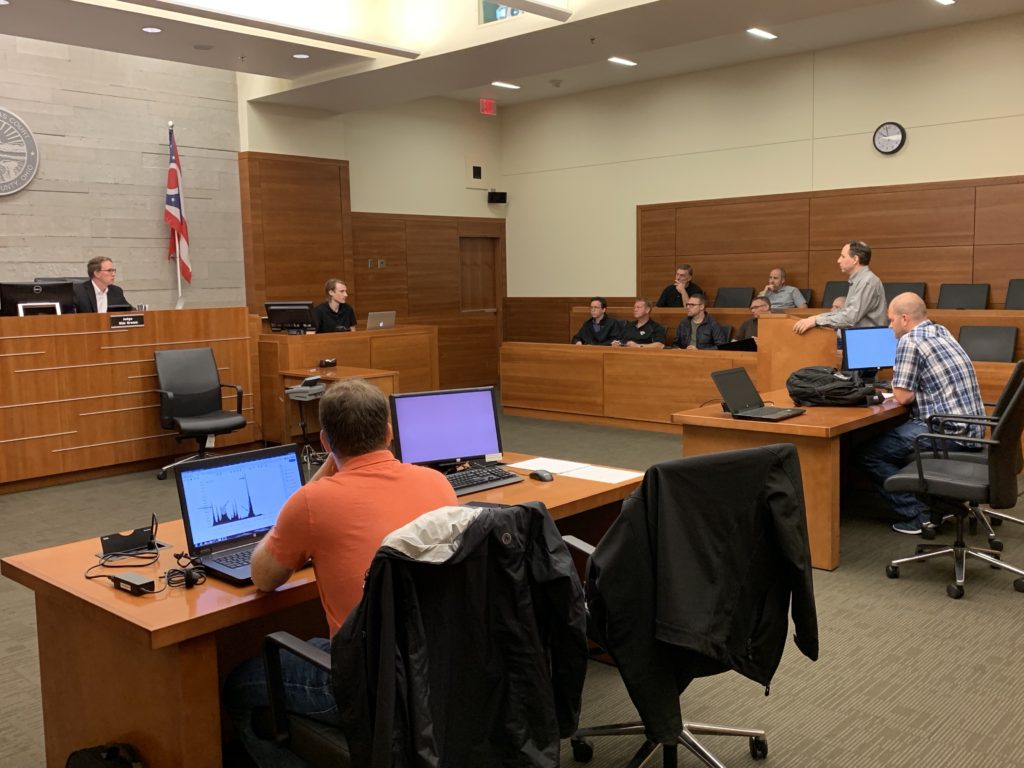One of the most common sentiments expressed about the Courtroom Testimony for Expert Witnesses course is this: “The part I feared the most was the moot court and the part I got the most benefit from was the moot court!” A courtroom testimony course that does not have a practical component lacks a valuable teaching opportunity. The Courtroom Testimony for Expert Witnesses course has three constituent parts.
First, important foundational topics are covered, including preparation for court, trial procedure and the drafting of expert reports and curriculum vitaes. Expert witness bias is a hot topic and deservedly so as there are many expert witnesses who fundamentally misperceive their role in the courtroom. Countering the development of bias and the importance of maintaining impartiality and objectivity are explored.
Second, a substantial portion of the course deals with how to be an effective communicator and teacher in direct examination, the most important part of an expert’s testimony. This is where the expert is focused on content delivery and truly educating the trier of fact about the expert’s area of expertise and his/her findings in the case at hand. Direct examination should hold little surprise for the well prepared witness who has met with the attorney leading the evidence and who together have mapped out a strategy for presenting the expert’s evidence.
Cross examination is where the expert will be tested as to the soundness of his/her methodology and conclusions. There are tried and true techniques that attorneys use to challenge expert witnesses in cross examination. In this course, students will learn how to contend with cross examination and indeed benefit from it. Sound methodology and conclusions do not have to suffer as a result of questioning. This is the opportunity for the expert to confidently respond to challenges and emphasize key messages delivered during direct examination.
Third, the applied moot court training which serves to put the foundational and testimonial tips into practice. During the expert qualification moot courts, students will participate in the important screening process of being qualified as an expert witness by the court. During the substantive case moots, students will serve as an expert witness presenting expert evidence on a report they have written or will play the role of prosecutor or defense attorney. Formulating and asking questions is also valuable preparation for court.
At the recent Courtroom Testimony for Expert Witnesses course hosted by the Ohio State Fire Marshall’s Office, we had the added benefit of being able to hold some of the moot courts in the Franklin County Court of Common Pleas courthouse. Using an actual courtroom was a definite plus!
This course is offered a few times a year in North America. Most of the courses are closed registration courses but at least a couple per year have open registration. For information on upcoming courses, check this website. For information on hosting a course, contact Jonathan Hak at jonathan@jonathanhak.com


You must be logged in to post a comment.